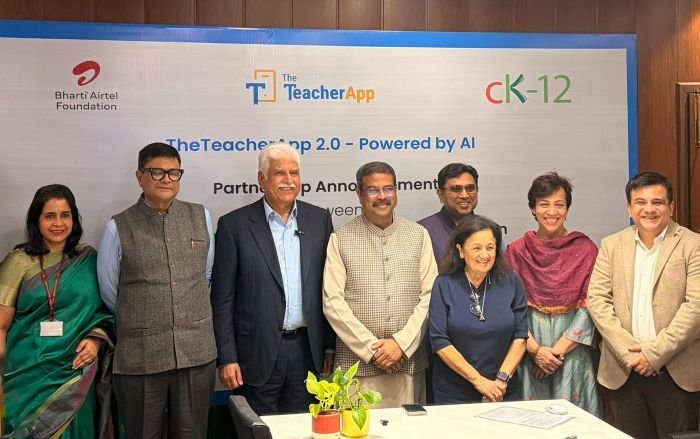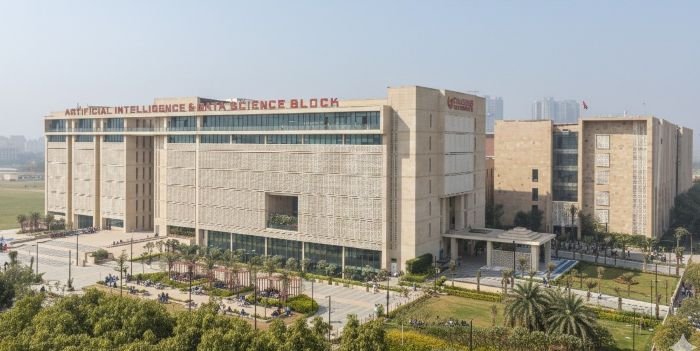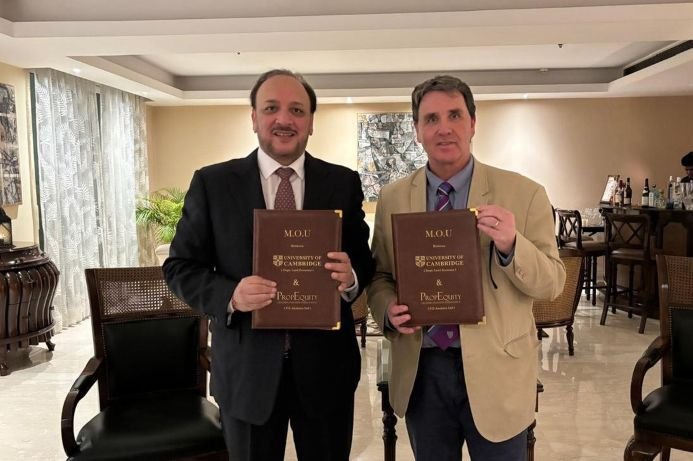
MIT-World Peace University (MIT-WPU) has launched a state-of-the-art battery fabrication and research facility focused on lithium-ion (Li-ion) and sodium-ion (Na-ion) technologies. The facility is designed for end-to-end battery development, featuring comprehensive in-house capabilities ranging from active material synthesis to coin cell fabrication and electrochemical performance evaluation.
Equipped with the latest tools and instrumentation, the facility supports both academic research and collaborative projects with industry and research institution helping translate cutting-edge ideas into scalable, real-world solutions. Soon, the facility will also be equipped to manufacture cylindrical and prismatic cells, expanding its capabilities for a wider range of battery applications.
The MIT-WPU research team is actively engaged in the development of advanced electrode materials to enhance key battery performance parameters, including energy density, cycling stability, and operational safety. Simultaneously, efforts are underway to develop next-generation solid-state electrolytes (SSEs), focusing on materials with high ionic conductivity and thermal stability. These SSEs offer safer and more efficient alternatives to conventional liquid electrolytes, marking a significant leap in energy storage technology.
Innovative approaches such as the use of glass-polymer composite electrolytes and the development of paper-based batteries are also being explored. Additionally, the facility has initiated work on the synthesis of high-purity solvents and electrolytes for Li-ion batteries an important step toward supporting Indian battery manufacturers with high-quality raw materials.
Prof. Dr. Bharat Kale, Director, Centre of Excellence in Materials Science at MIT-WPU and former Director of C-MET, MeitY, Govt. of India, MIT-WPU, said: “The launch of this state-of-the-art battery fabrication and research facility marks a major milestone in MIT-WPU’s commitment to advancing sustainable energy technologies. As the first such initiative by a private state university in India, it aligns with national missions like Atmanirbhar Bharat and Make in India, aiming to strengthen India’s energy independence. With end-to-end capabilities—from material synthesis to cell fabrication and electrochemical evaluation—we’re developing advanced electrode materials and solid-state electrolytes for safer, more efficient lithium-ion and sodium-ion batteries and Lithium sulfur as well. The grropu is also working on paper batteries in collaboration with MID Sweeden This facility not only fosters academic and industry collaboration but also serves as a vital platform for training future talent. With greater support from national funding agencies like ANRF and others, private institutions like ours can significantly contribute to India’s clean energy future.”
Beyond research and innovation, the facility is committed to nurturing future talent. It serves as a dynamic platform to train engineering and science students and offers exciting opportunities for Ph.D. scholars and researchers to pursue advanced work in battery technologies.








